Syrians Recount Horror as Alawite Families Targeted in Deadly Attacks
Syria's interim leader calls for unity amid ongoing violence and retaliatory killings in former Assad strongholds.
Hundreds of Syrians have fled their homes in the coastal provinces of Latakia and Tartus as violence escalates in the wake of Bashar al-Assad’s ousting. These regions, long considered strongholds of Assad’s supporters, have become the epicenter of brutal revenge attacks and looting.
Residents of Hai Al Kusour, a predominantly Alawite neighborhood in Banias, describe horrific scenes of mass killings, including children among the dead. Witnesses recount bodies strewn across the streets, drenched in blood, as gunmen targeted families in their homes.
The Alawite sect, an offshoot of Shia Islam, comprises around 10% of Syria’s population, which is predominantly Sunni. Assad himself belongs to this sect, and the tensions between communities have deepened in the wake of his removal.
Fear grips the community, with many too terrified to even glance out of their windows. Social media has become the primary source of news, as sporadic internet connectivity allows residents to learn of their neighbors’ fates.
One survivor, Ayman Fares, believes his imprisonment saved his life. After criticizing Assad’s corrupt rule in a social media post last year, he was jailed and only released when Islamist-led forces freed prisoners following Assad’s fall in December. When fighters raided his neighborhood, they recognized him and spared his life, but looted his possessions, including his vehicles. “They spoke in unfamiliar tongues—perhaps Uzbek or Chechen—but some Syrians were among them,” he told the BBC.
Another resident, Ali, fled Banias with his family after being aided by security forces. “We could hear gunfire and screams. When they came to our building, we thought it was over,” he said. Attackers were primarily focused on stealing valuables, targeting homes for money, gold, and cars.
The UK-based Syrian Observatory for Human Rights has reported over 740 civilian deaths across Latakia, Jableh, and Banias, with an additional 300 security personnel and former regime loyalists killed in clashes. However, these numbers remain unverified by independent sources.
Security forces have since intervened, pushing armed factions out of Banias and establishing safe corridors for displaced families. Some Alawites have found refuge among their Sunni neighbors, who sheltered them from the bloodshed. “We lived together for years—Alawites, Sunnis, and Christians—without such violence,” Ali said. “Now, Sunnis are protecting Alawites from the killings.”
The violence was sparked by an ambush against security forces by Assad loyalists who refused to surrender their weapons. Ghiath Dallah, a former brigadier general under Assad, has since declared a new rebellion, forming the so-called “Military Council for the Liberation of Syria.” Some reports suggest that remnants of Assad’s forces are regrouping in the mountains, fueling fears of prolonged conflict.
While many Alawites denounce Dallah and blame Assad’s hardline loyalists for the ongoing violence, others argue that interim President Ahmad al-Sharaa is responsible. His decision to dismantle Syria’s military and security apparatus without a clear plan left thousands unemployed, creating fertile ground for further unrest.
With 90% of the population living in poverty, widespread unemployment has stoked discontent, and some former security officers—many of whom played no direct role in Assad’s atrocities—are now struggling to survive.
Public sentiment remains divided. Many Syrians have condemned the violence and staged demonstrations in Damascus to mourn the dead. However, calls for “jihad” have also emerged, as some Sunnis seek revenge for years of persecution under Assad’s rule. The sectarian divide continues to widen, with many blaming Alawite security forces for past crimes, while others call for reconciliation and justice.
President Sharaa, whose Islamist forces toppled Assad, faces a difficult balancing act. He must ensure security while pursuing accountability for past war crimes. Yet, with some factions operating beyond his control—including radical foreign fighters—his ability to stabilize the country remains uncertain.
To secure a peaceful and democratic future, many argue Sharaa must expel foreign militants and draft a constitution that guarantees equal rights for all Syrians, regardless of sectarian or ethnic background. While steps are being taken toward a legal framework, the immediate challenge remains controlling the armed factions wreaking havoc across the country.

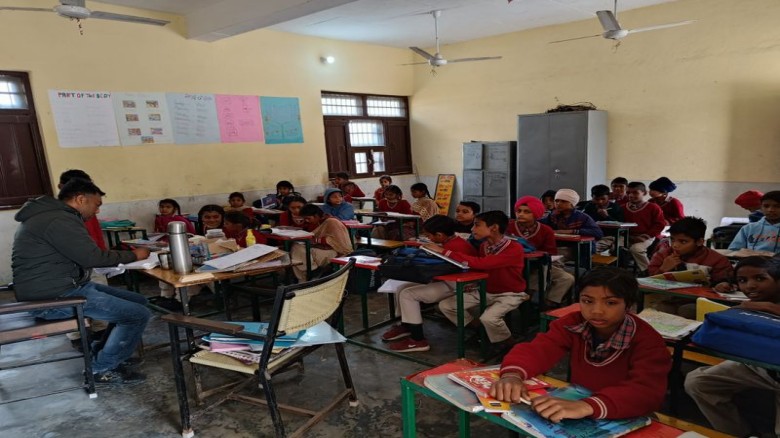
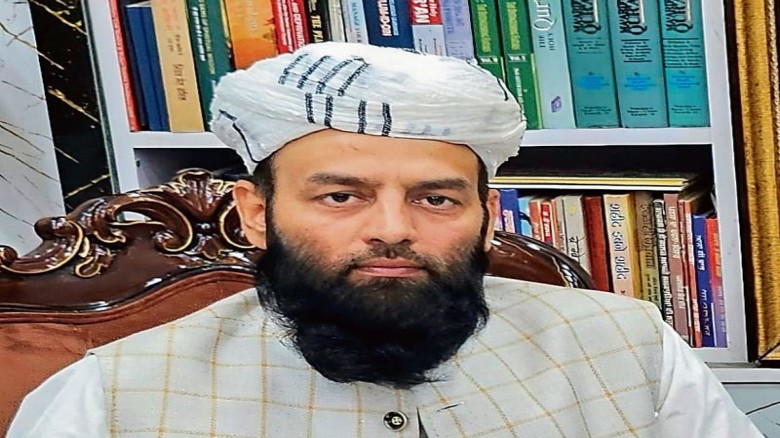
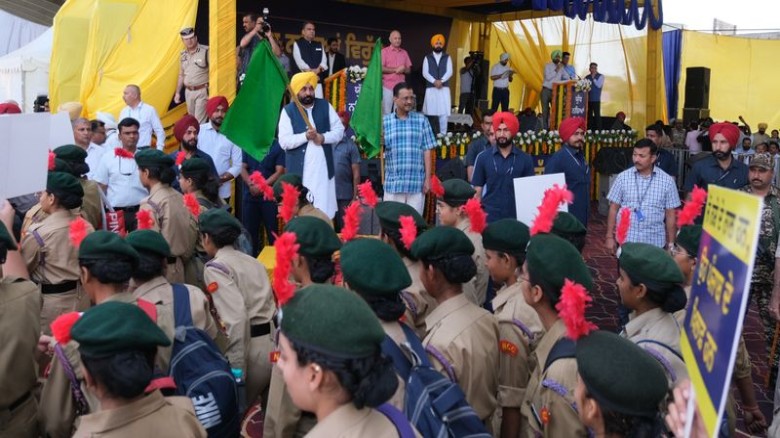
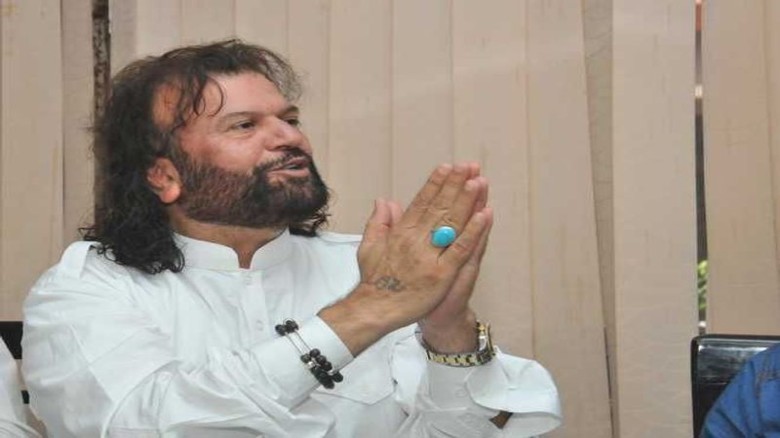
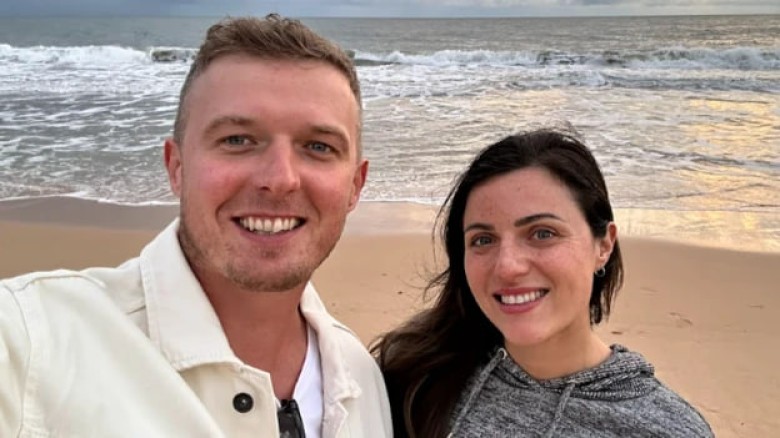
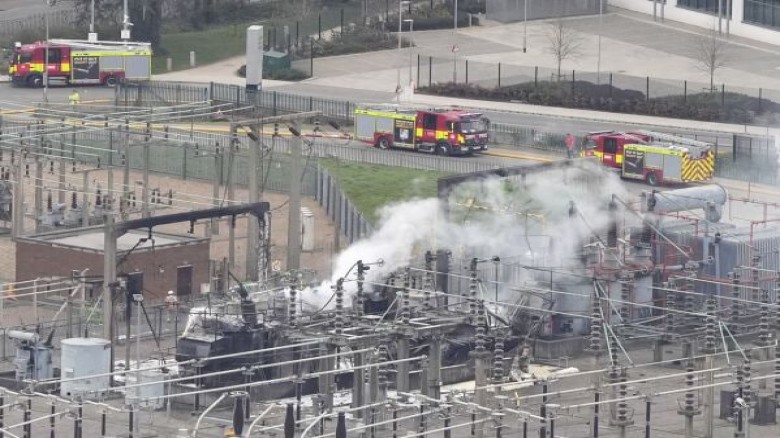
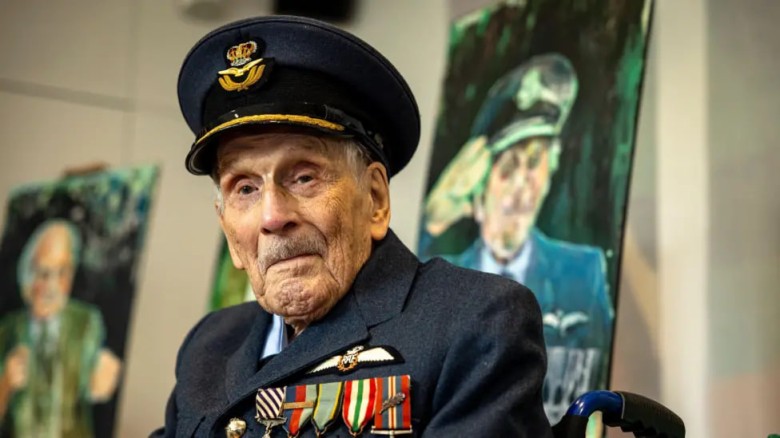

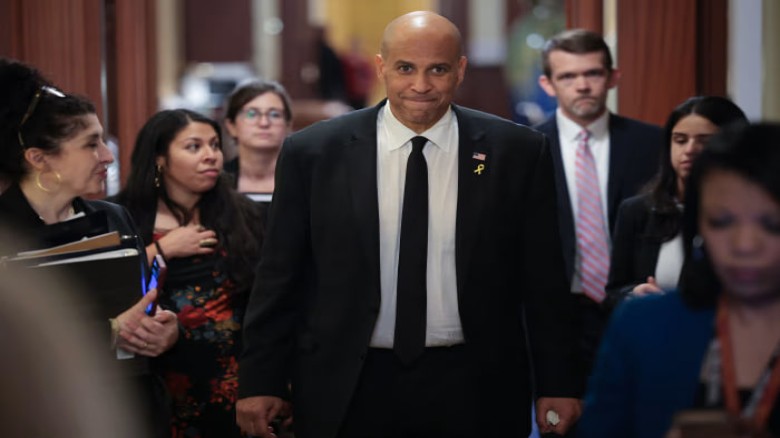
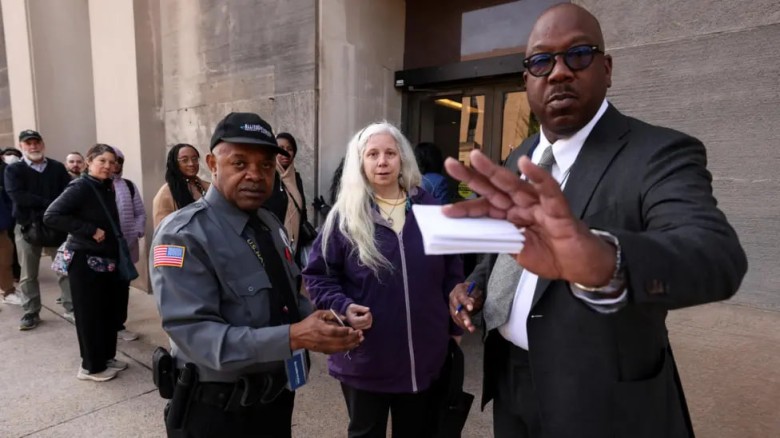
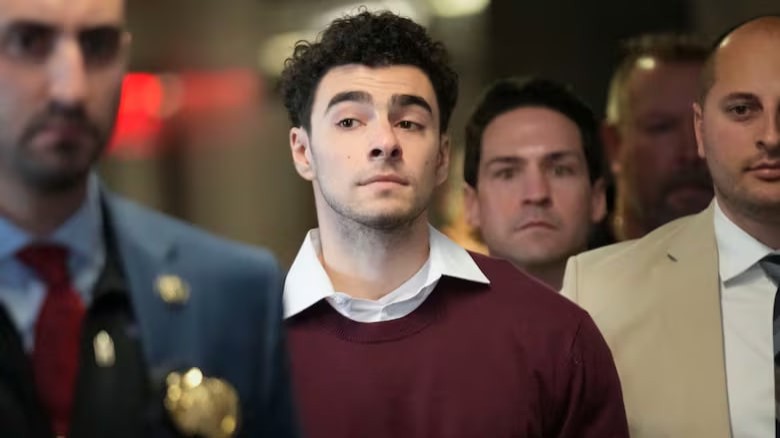


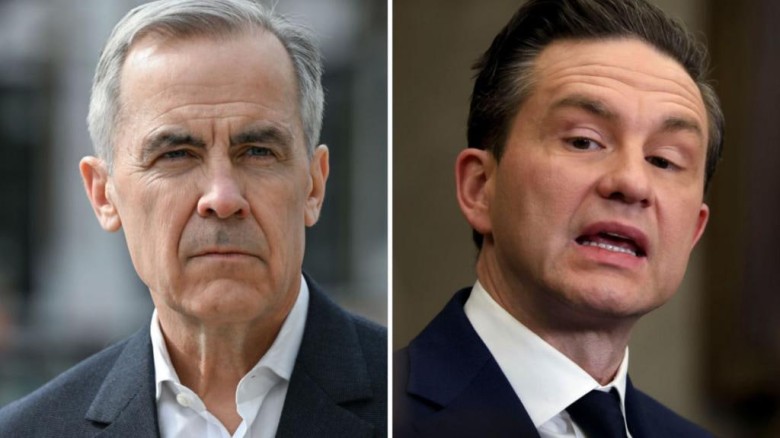
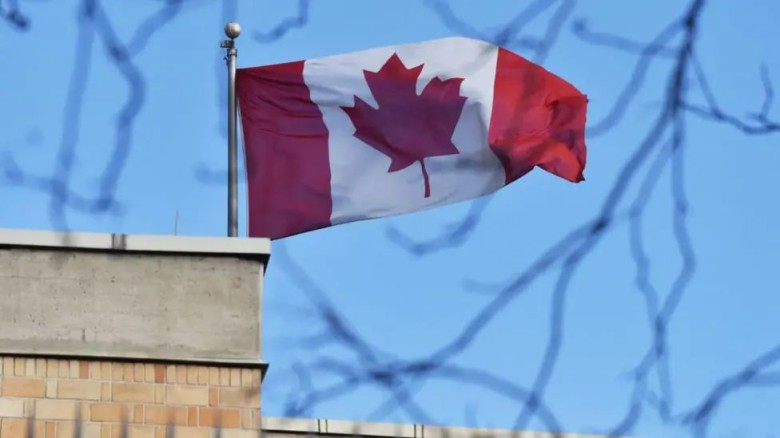
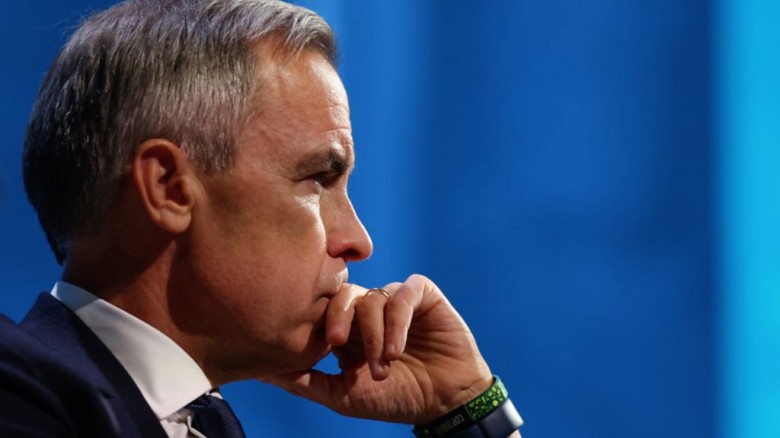
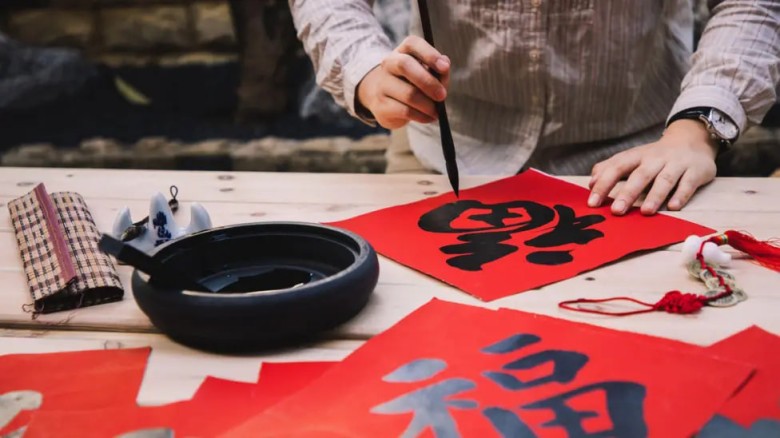
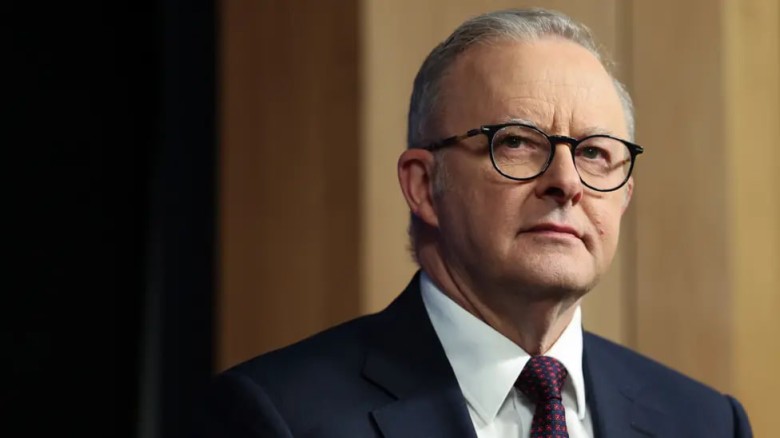

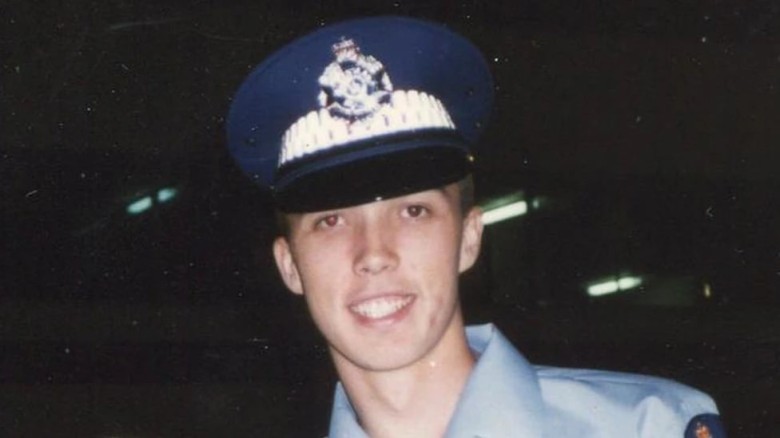
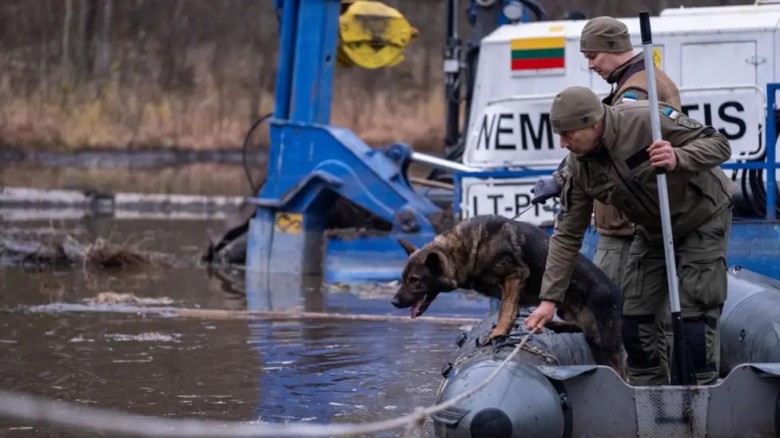
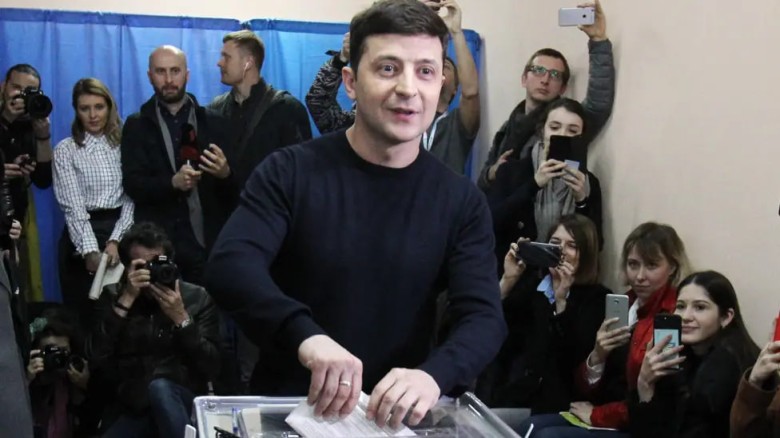
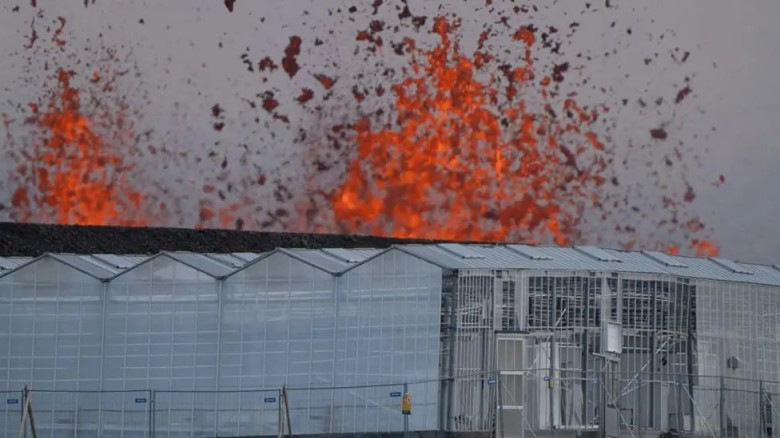
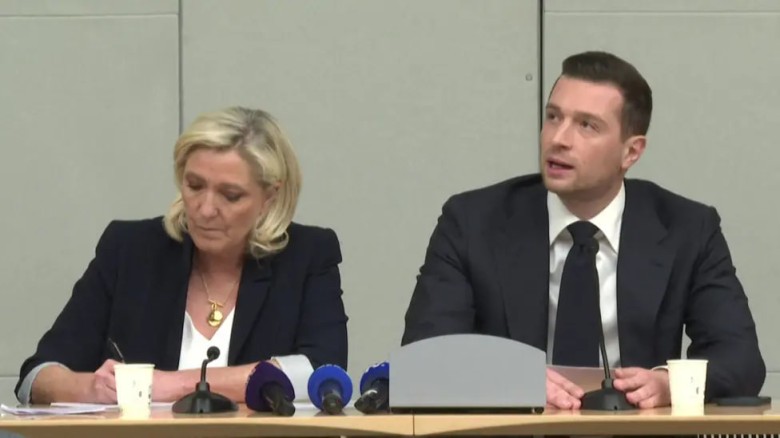
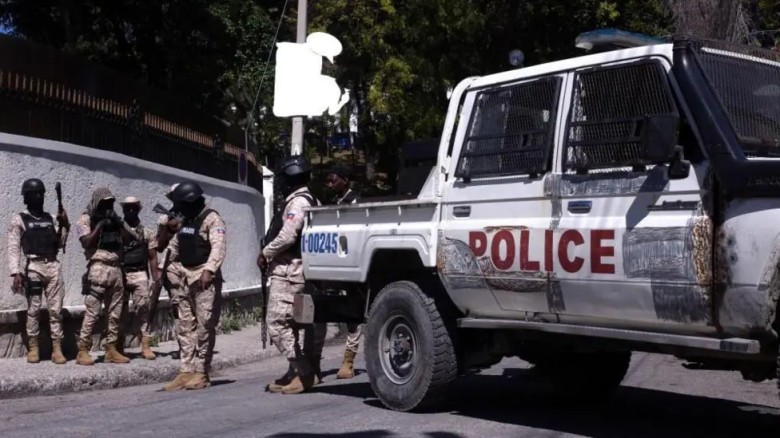
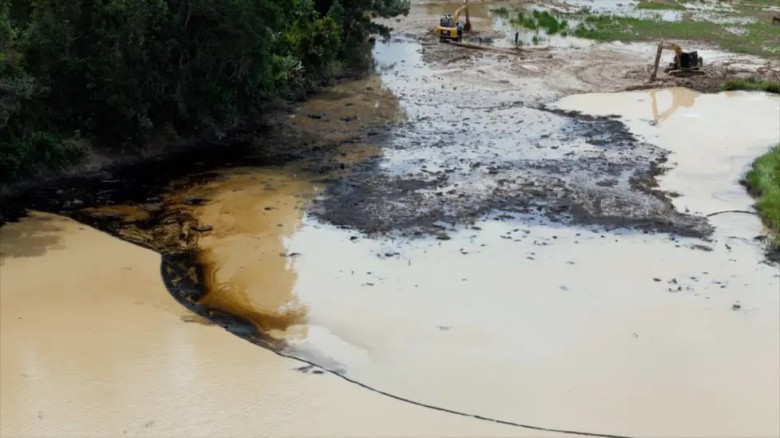
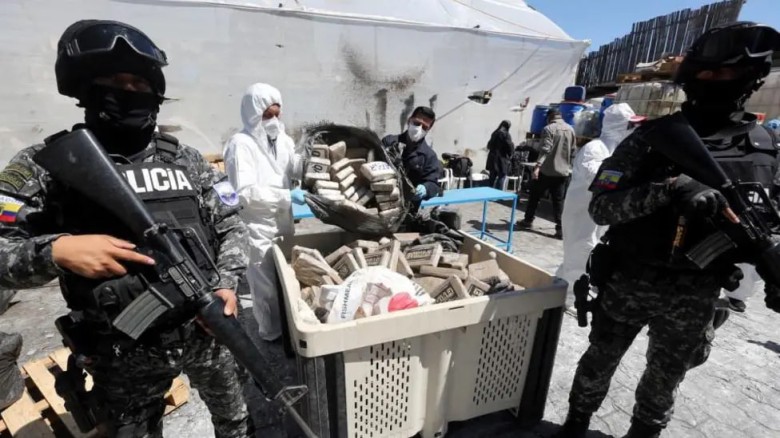
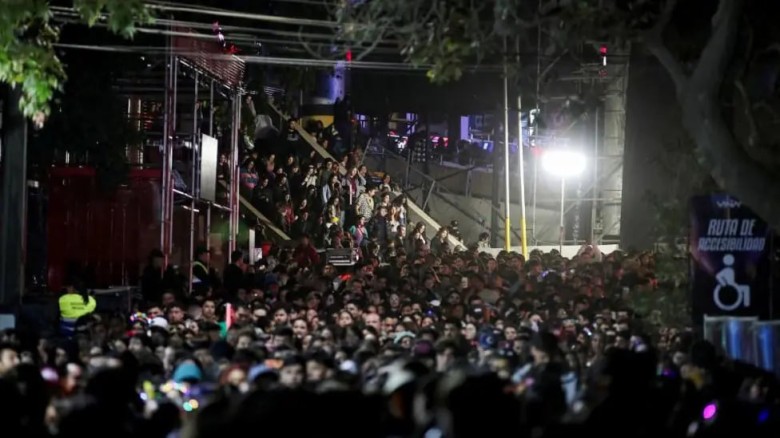





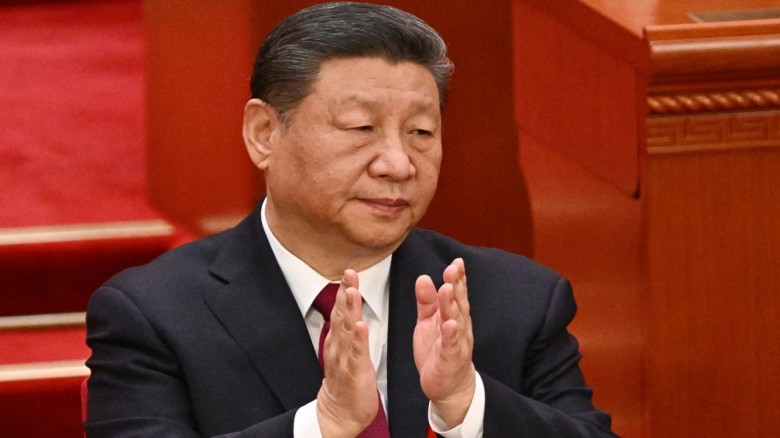
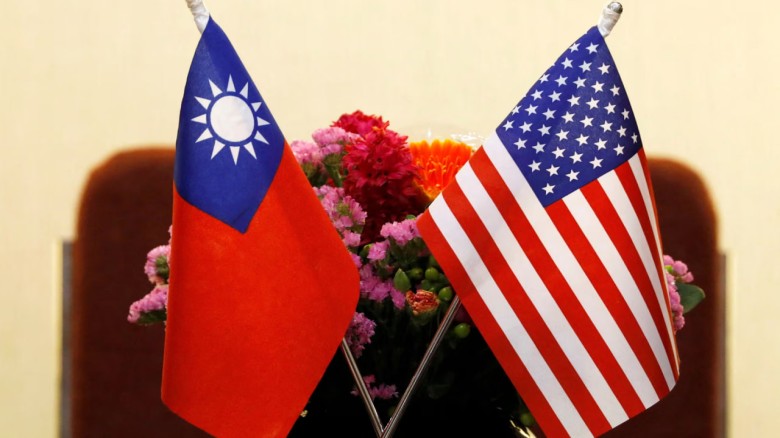

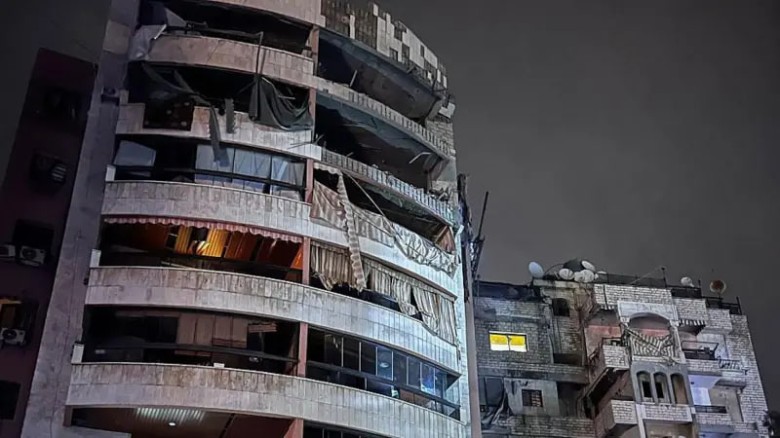
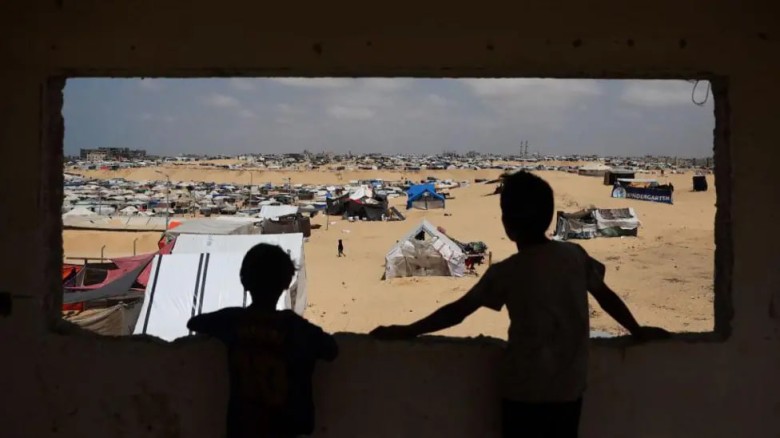
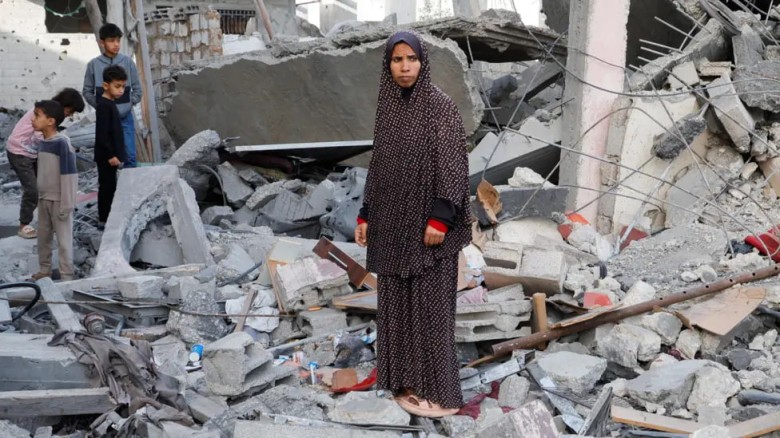
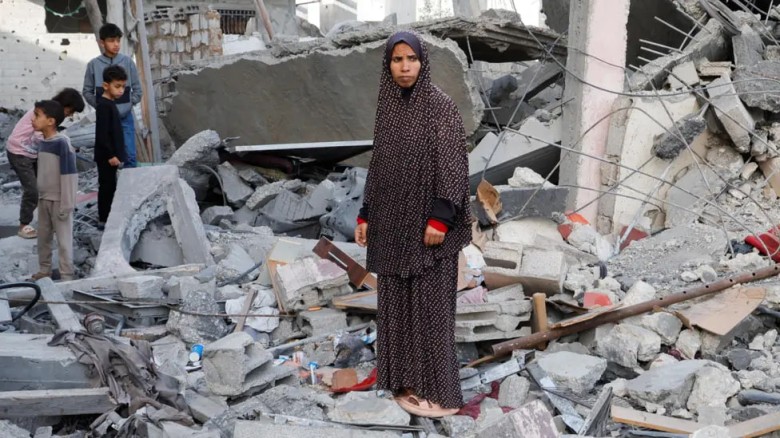

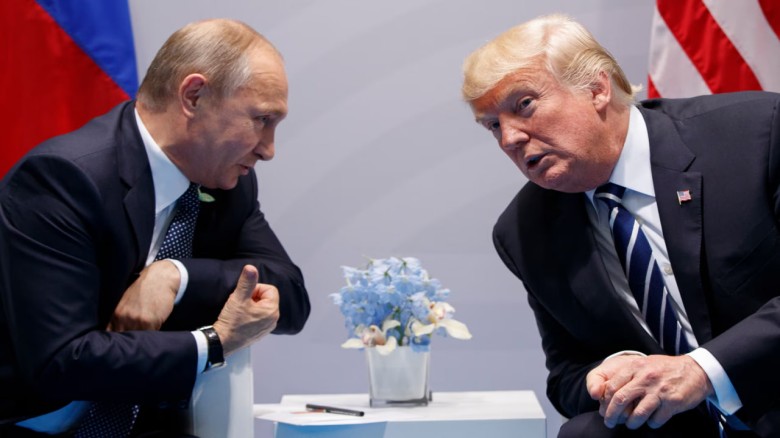
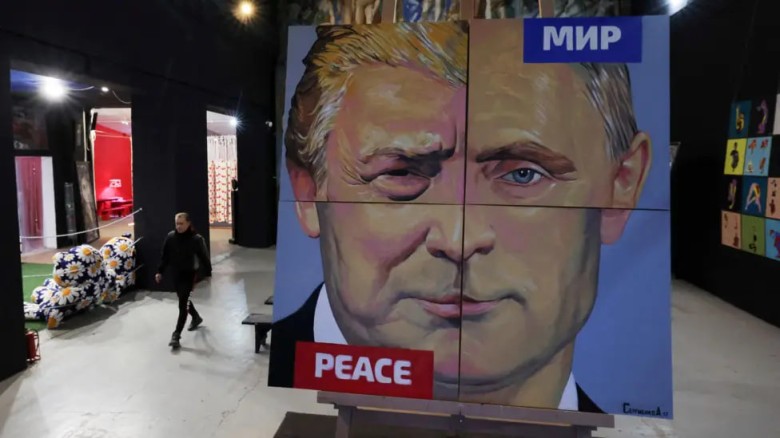
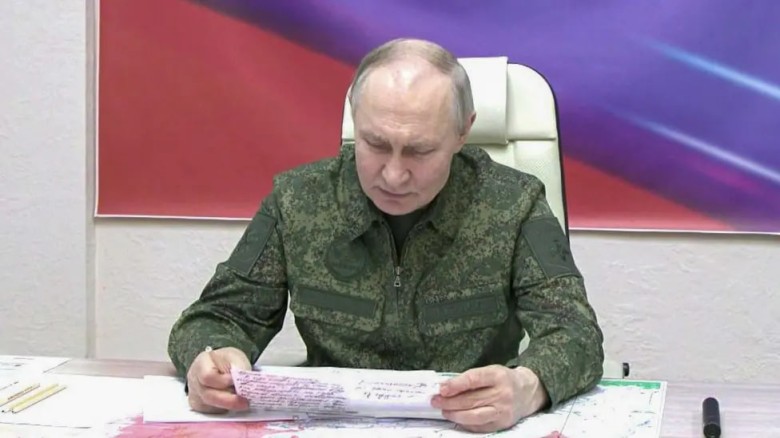



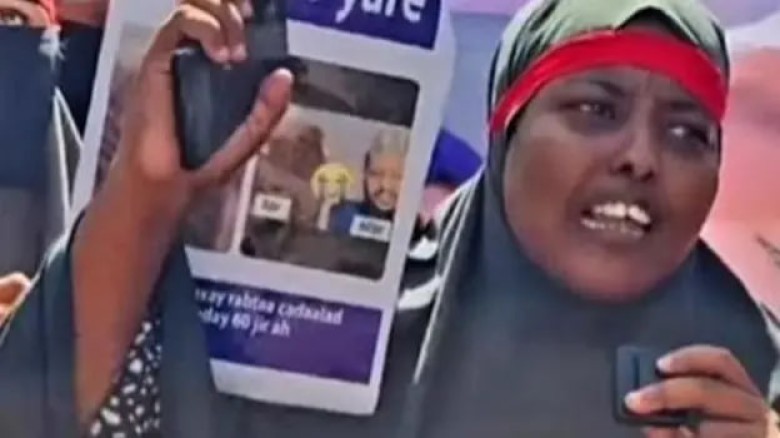
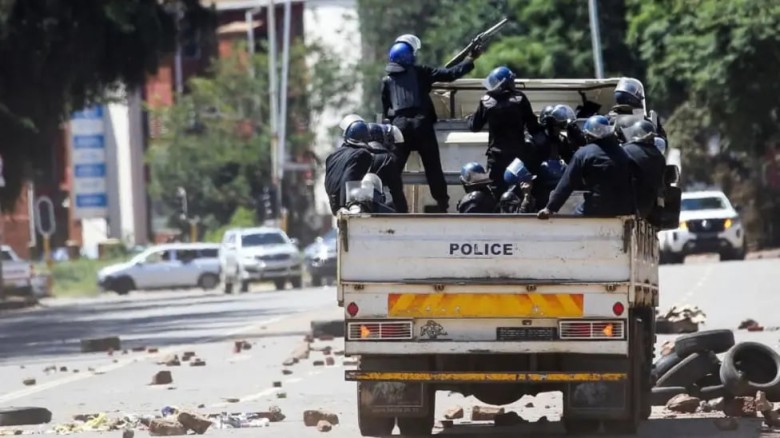
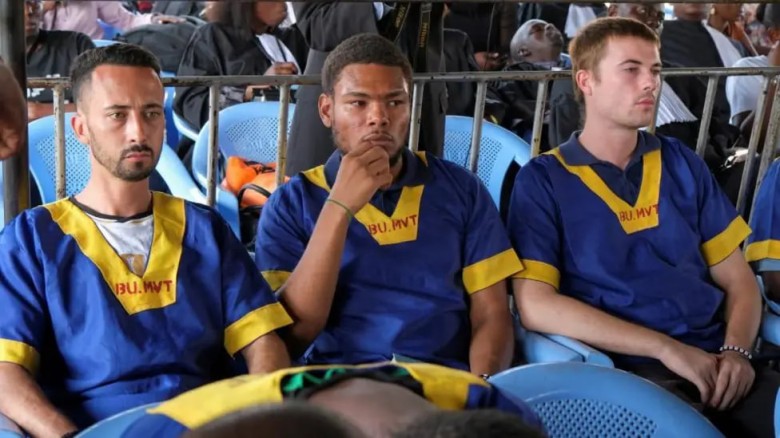
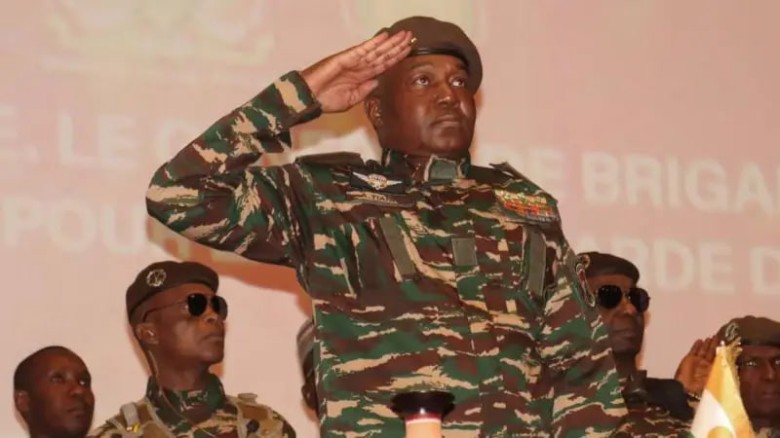














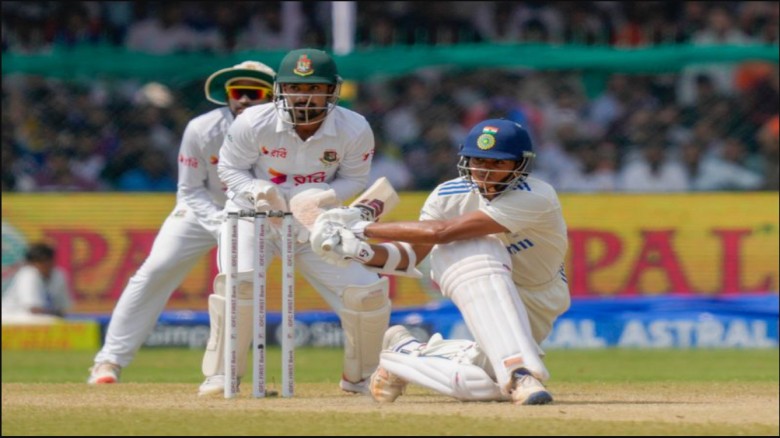
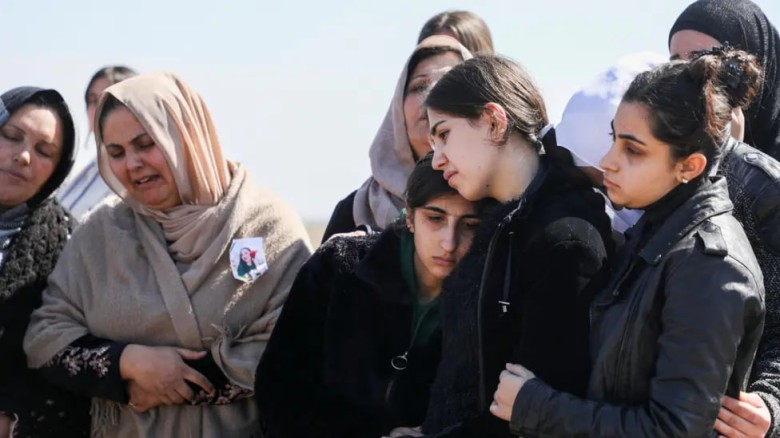


Leave A Comment